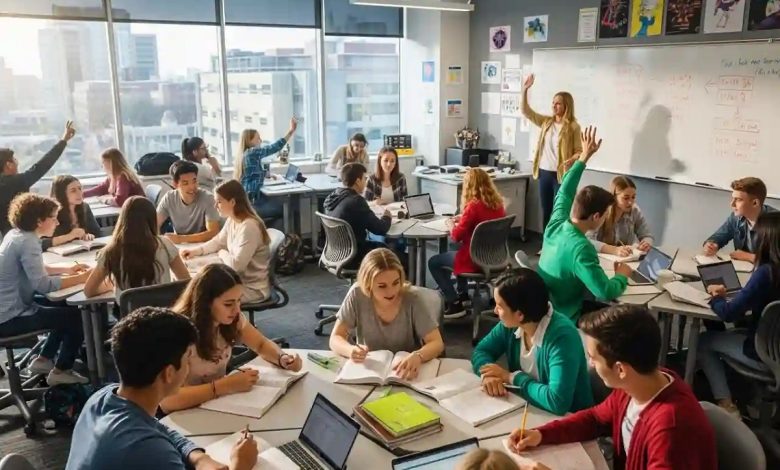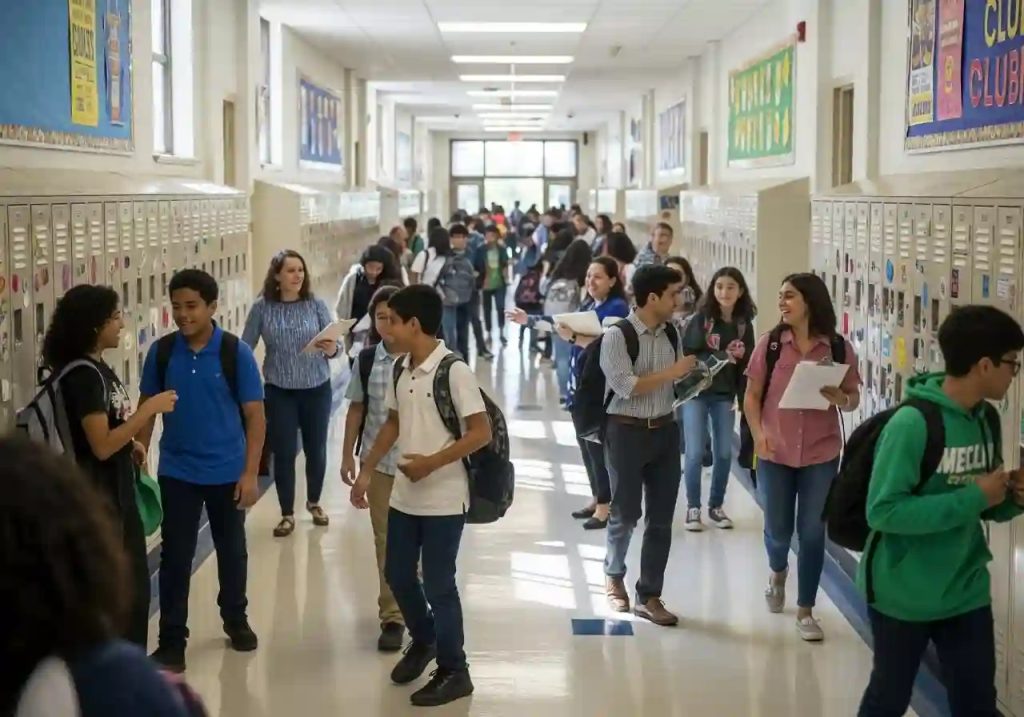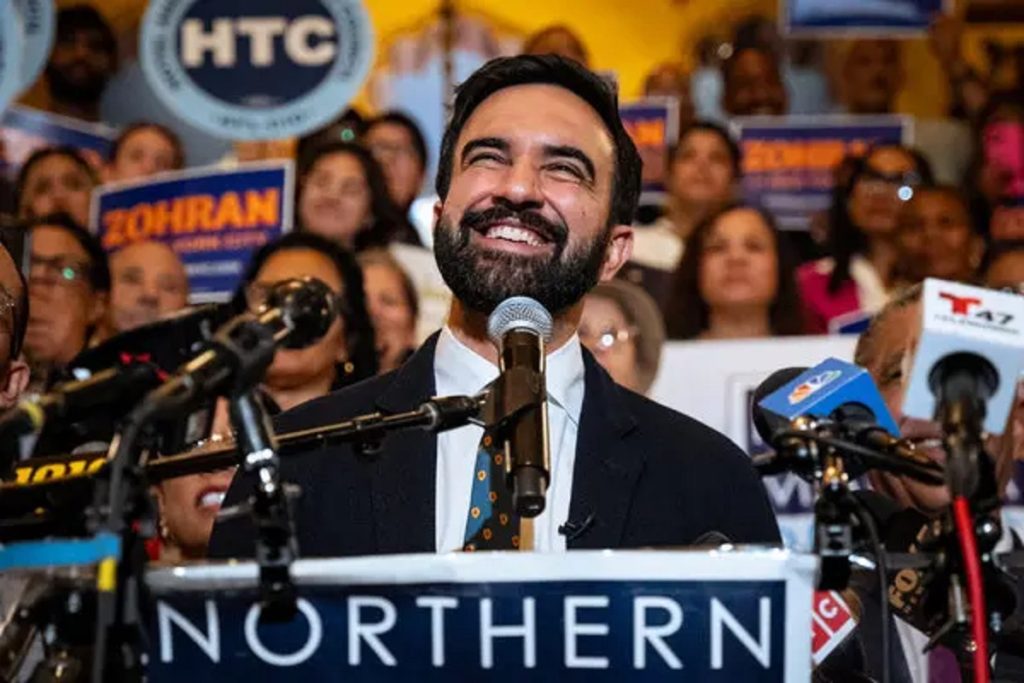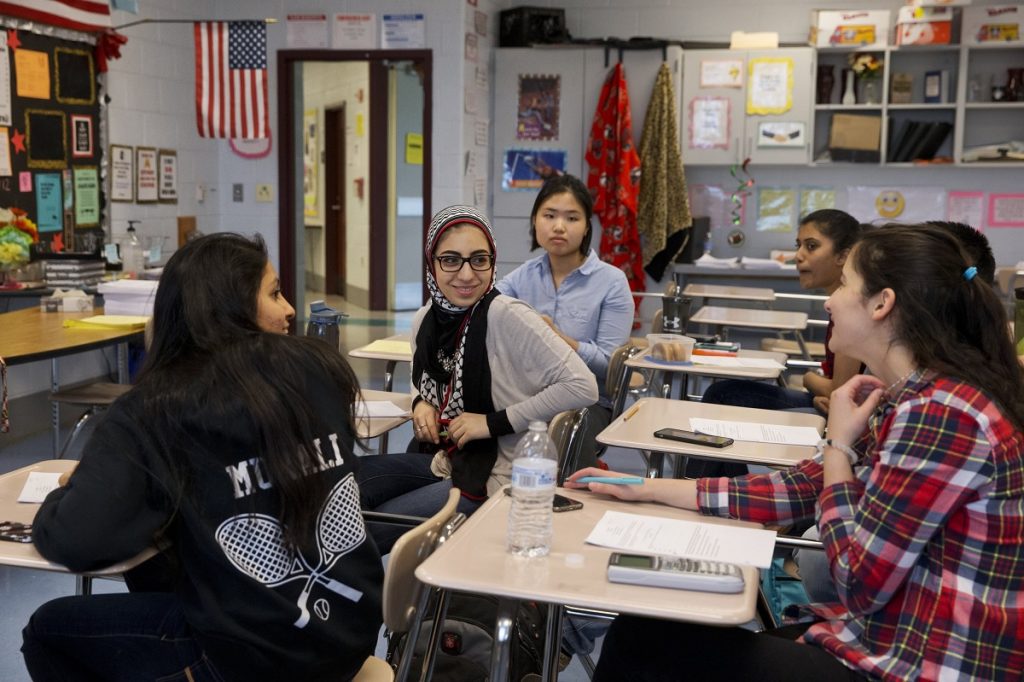New York Lawmakers Push to Expand Gifted Education Programs Amid Heated Mayoral Race
As the debate over academic excellence and equity intensifies, state legislators and mayoral candidates clash over the future of gifted programs in New York City schools.

New York state legislators are intensifying efforts to expand access to gifted and talented education across the city’s public schools. The renewed push comes amid a high-stakes mayoral race, where the future of these programs has become a central point of contention — highlighting the broader citywide debate over educational fairness and equal opportunity.
The proposed changes aim to ensure that more students in all five boroughs can benefit from specialized learning environments designed to nurture their unique academic abilities and intellectual potential.
Legislators Call for More Seats and Equal Access
At the heart of the new proposal is a requirement that New York City schools increase the number of available seats in gifted and talented programs across every school district. Supporters argue that the current structure unfairly limits opportunities for deserving students.
Assemblyman William Colton, a Democrat representing South Brooklyn and a former elementary school teacher with 11 years of classroom experience, strongly supports the initiative. “One size does not fit all,” Colton said, stressing the need to recognize and serve the diverse talents of children from an early age. He plans to join other lawmakers in rallying behind his earlier bill designed to expand these essential classrooms.
Echoing this sentiment, State Senator Steven Chan, a Republican also from South Brooklyn, announced plans to introduce similar legislation. “Every child in New York City deserves the chance to reach their full potential,” Chan said. “Every family deserves access to programs that match their child’s abilities.”
The bipartisan support underscores a growing consensus among legislators about the academic and social value of accelerated learning for gifted students.

A Divisive Issue in the Mayoral Campaign
The discussion around gifted programs has also become a major fault line in the city’s mayoral race. Democratic candidate Zahran Mamdani has proposed a sweeping reform that would abolish gifted programs for kindergarteners, shifting entry to third grade while preserving accelerated options for older students.
In contrast, independent candidate Andrew Cuomo and Republican Curtis Sliwa have both vowed to expand these programs, positioning themselves against Mamdani’s reformist vision. Mamdani’s campaign has yet to comment on the specific legislative proposals being advanced.
Critics Warn of Deepening Segregation
Despite the political momentum for expansion, critics argue that New York’s existing gifted programs exacerbate racial and economic segregation within the school system.
Nia Berg, executive director of New York Appleseed, an organization promoting integrated schools, notes that 70% of students in gifted classrooms are white or Asian, even though these groups represent only 35% of the total student population. Meanwhile, Black and Latino students — who make up more than 60% of citywide enrollment — remain drastically underrepresented.
Berg contends that early gifted admissions often measure “a child’s social capital rather than innate intelligence,” giving wealthier families an advantage and perpetuating inequality in one of the most diverse cities in the world.
Supporters Emphasize Academic Opportunity
Proponents counter that some children are ready for faster-paced learning and deserve programs that challenge them appropriately. Many parents view gifted education as a crucial pathway to elite high schools and competitive universities.
To them, these programs offer not privilege but opportunity — a way to ensure that academic potential is fully developed rather than stifled by uniform curricula.

Policy Reversals and Political Shifts
The controversy has evolved over multiple city administrations. Former Mayor Bill de Blasio sought to eliminate gifted programs entirely in an effort to combat segregation. His successor, Mayor Eric Adams, reversed that approach, opting instead to revise the admissions process by replacing standardized tests with teacher recommendations for younger students.
This evolution reflects a persistent tension between two educational values: equity and excellence.
A New Legislative Vision
Colton’s proposed bill emphasizes that students should be admitted based on “academic merit” rather than relying solely on standardized testing, which may not accurately reflect a child’s potential — especially at an early age.
Mamdani, while agreeing that standardized testing is flawed, argues that kindergarteners are too young to be separated into gifted tracks. “Every child in New York deserves a high-quality education,” he said, “and for kindergartners, gifted programs based on testing create unnecessary divisions.”

The Broader Struggle: Fairness vs. Excellence
Former Governor Andrew Cuomo and Republican candidate Curtis Sliwa continue to pledge full support for expanding gifted programs in every borough. Sliwa even criticized Cuomo for what he called “inaction” when de Blasio initially tried to dismantle the system.
This ongoing debate reveals the deep complexity of New York’s educational landscape — a struggle to balance high achievement with fairness, and competition with inclusivity.
Conclusion: The Future of Gifted Education in New York
As New York City heads toward its next mayoral election, the future of gifted and talented education stands at a crossroads. Lawmakers, educators, and parents are grappling with fundamental questions about what fairness means in education — and how to nurture excellence without deepening inequality.
The decisions made in the coming months will not only shape policy but define what opportunity looks like for the next generation of New Yorkers.



